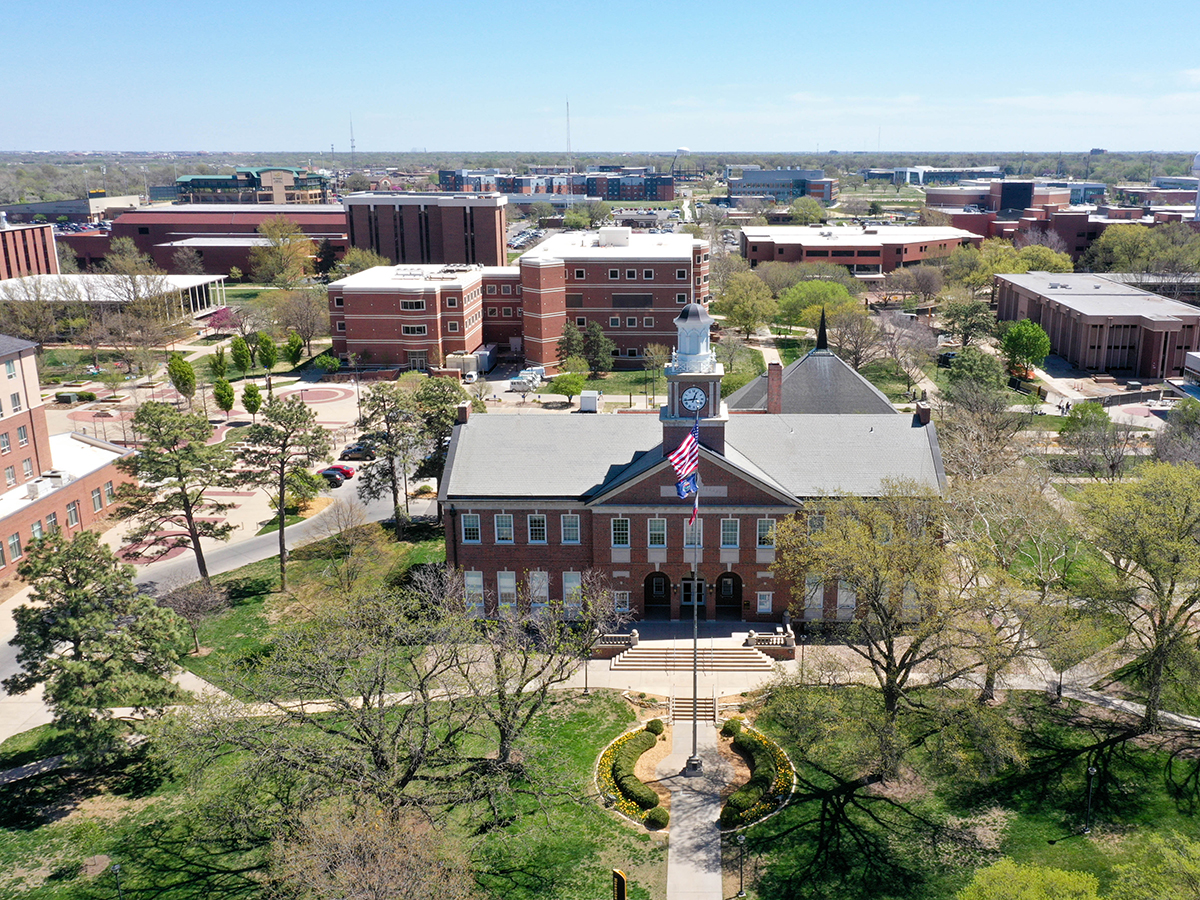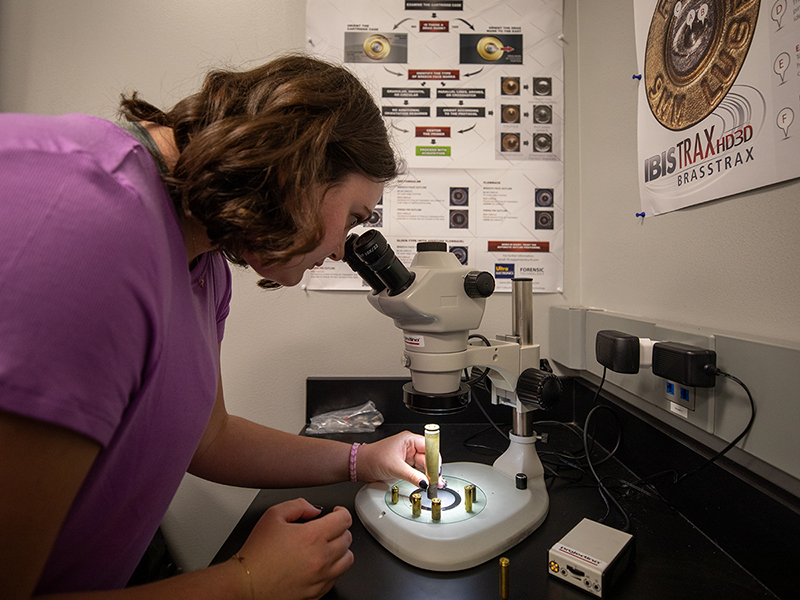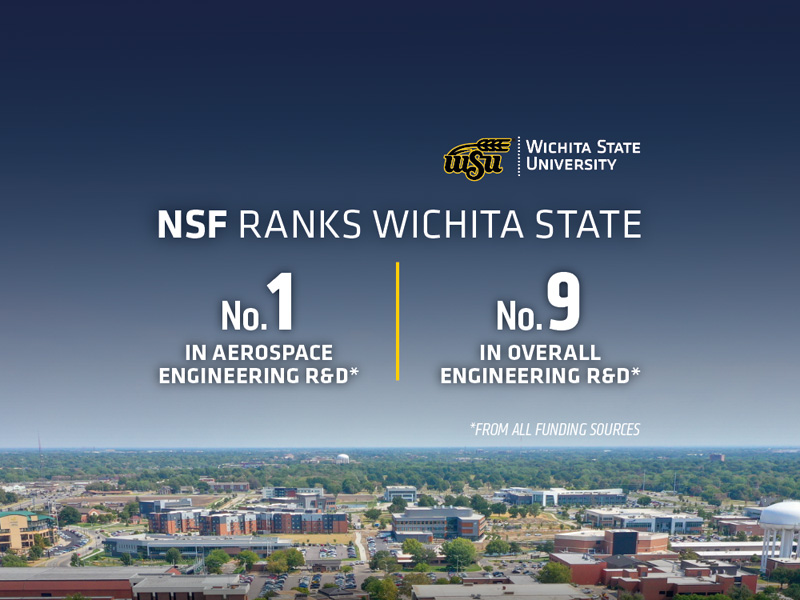Wichita State University is not just reshaping downtown Wichita with the Wichita Biomedical Campus; it’s redefining health care education by harnessing the dynamic interplay between health care and the humanities.
WSU’s new Academic Center for Biomedical and Health Humanities, or HealthHum as it’s been monikered, aims to increase the visibility of a wide range of research and teaching in areas related to health care and humanities beyond the traditional health professions.
Dr. Susan Castro, director of HealthHum, said putting a sociologist or a philosopher in the room when big decisions are being made can change the trajectory of care and improve the outcomes of medical research.
“When you're thinking about the kinds of problems that happen — like poor outcomes with patient compliance or affordability — a lot of those problems are a result of a decision you made months earlier. And once you get to the conclusion of your research, maybe your solution doesn’t work for disabled people or you’re going to alienate women,” said Castro, an associate professor of philosophy at WSU. “Whereas, if you'd had an ethicist or librarian or historian on the team, they might have offered insight that would have helped you avoid the mistake.”
In its early stages, HealthHum currently has a couple dozen faculty affiliates, mostly from Wichita State, but the organization is looking for members and affiliates from across the region.
“We’re interested in developing partnerships for research and talking about ways to improve education and patient care,” Castro said.
The organization is also working to build two interdisciplinary certificates that combine health care and humanities — health humanities and biomedical humanities — both of which will make graduates more marketable, fill gaps in the workforce pipeline, and create a more meaningful and inclusive cultural understanding. For example, medical illustration is a profession that typically requires detailed artistic work and a comprehensive understanding of biology and anatomy.
“A lot of the time, the medical images that we have are very heavily oriented toward people with light skin, and that can be a real problem in training medical professionals and having them exercise good observational skills and good judgment,” Castro said. “Getting more diversity in some of these image collections and illustrations is really important when we’re training health care professionals.”
Overall, HealthHum aims to reintroduce a more humane and effective approach to medicine, benefiting both patients and providers, emphasizing the importance of considering the complete picture, beyond the confines of cells, organs and biological systems.
“By doing so, we can better address the diverse human needs and interests, fostering a more comprehensive and compassionate health care system,” Castro said.
About Wichita State University
Wichita State University is Kansas' only urban public research university, enrolling more than 23,000 students between its main campus and WSU Tech, including students from every state in the U.S. and more than 100 countries. Wichita State and WSU Tech are recognized for being student centered and innovation driven.
Located in the largest city in the state with one of the highest concentrations in the United States of jobs involving science, technology, engineering and math (STEM), Wichita State University provides uniquely distinctive and innovative pathways of applied learning, applied research and career opportunities for all of our students.
The Innovation Campus, which is a physical extension of the Wichita State University main campus, is one of the nation’s largest and fastest-growing research/innovation parks, encompassing over 120 acres and is home to a number of global companies and organizations.
Follow Wichita State on social media:





